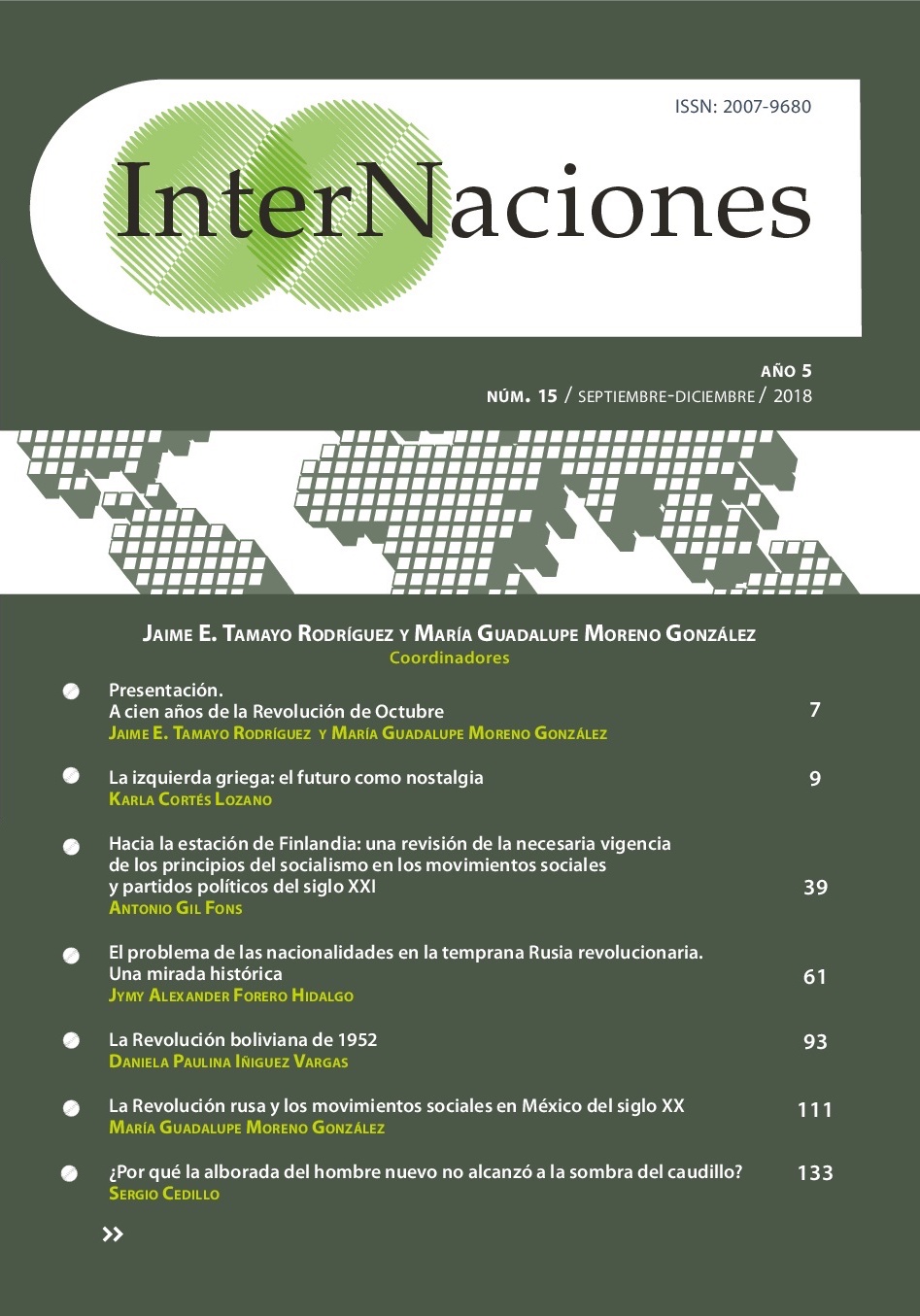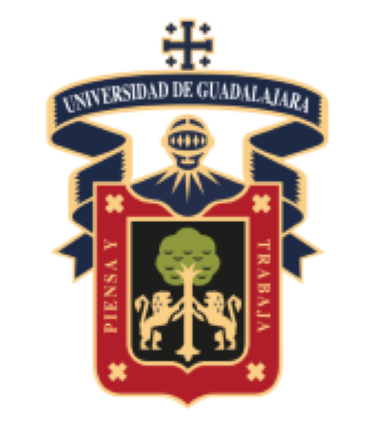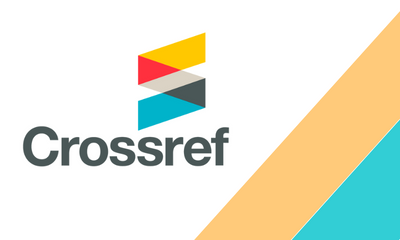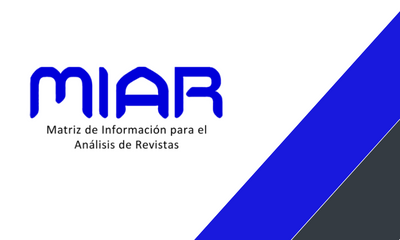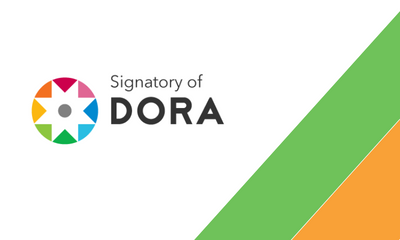The problem of nationalities in the early revolutionary Russia. A historical look
DOI:
https://doi.org/10.32870/in.v5i15.7089Keywords:
Self-determination, socialism, nationalities, nationalism, plurinationalAbstract
In the early twentieth century, the world witnessed colonial expansion by European metropolis throughout the African continent inhabited by multi-ple peoples and nations. Monarchies and European empires were built by in-corporating and submitting various nationalities. In the case of Latin Ameri-ca, the configuration of nation-states constructed under the European model developed from a dominant uninational logic. The notion of self-determina-tion occupied a prominent place in the international arena with the triumph of the Bolsheviks. The construction of socialism in the ussr, based on the principle that the revolution would be national in form and international in content, had to face the existence of not less than 54 nations and nationali-ties between federated and autonomous republics, and autonomous regions. What policy did the early Soviet power undertake with regard to nationali-ties? How did it handle self-contradictions? What kind of historical lessons can be discussed at a time when imperialism has not disappeared, and in which, after 100 years of revolutionary struggle, the plurinational character of the states continues to be rejected and the people’s self-determination im-peded? These are some of the questions that will be analyzed in this paper from a perspective of critical history.Downloads
Downloads
Published
How to Cite
Issue
Section
License
Copyright (c) 2018 Universidad de Guadalajara

This work is licensed under a Creative Commons Attribution-NonCommercial-ShareAlike 4.0 International License.
CC BY-NC-SA 4.0 https://creativecommons.org/licenses/by-nc-sa/4.0/

